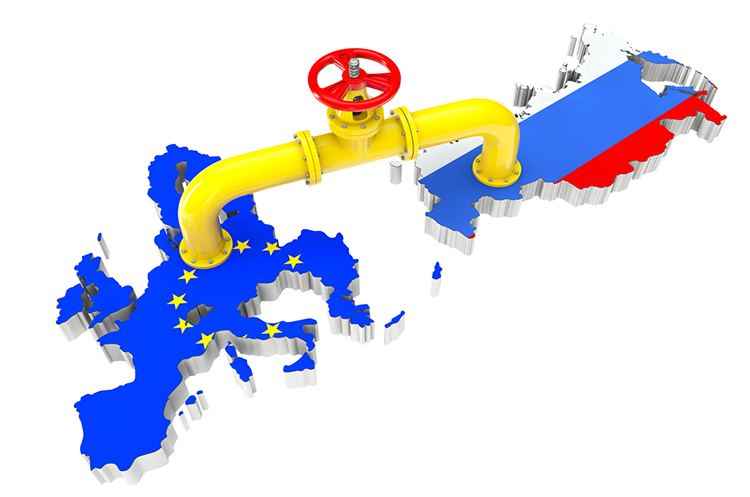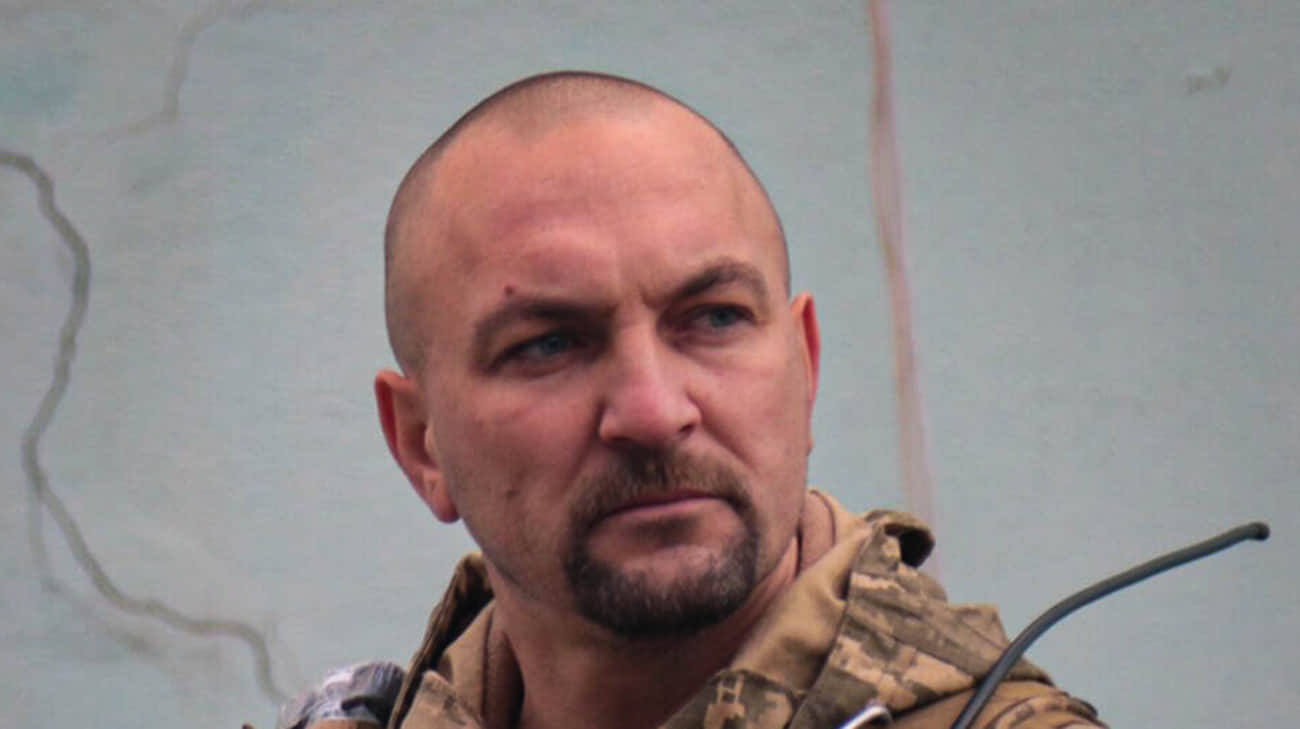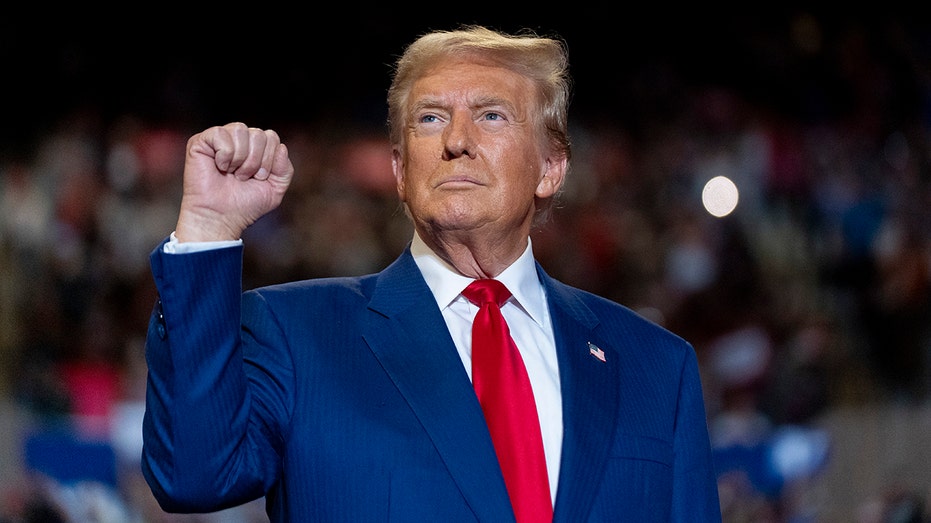Ukraine’s gas transit ban marks “expensive defeat” for Moscow, Kirby says
American liquefied natural gas has captured 50% of Europe's import market as Ukraine's decision to stop Russian gas transit strips Moscow of $6.5 billion in annual revenue.


White House National Security Council Coordinator John Kirby called Ukraine’s decision to stop Russian gas transit through its territory one of Moscow’s “most expensive defeats”. He assured allies that the US is working to increase energy supplies to Europe.
On 1 January 2025, Ukraine stopped Russian gas transit, marking a significant shift in Europe’s energy landscape, as some countries heavily relied on Russian supplies. This decision came after Ukraine opted not to renew a five-year transit agreement with Russia, citing national security concerns amid the ongoing war.
According to the White House, this cessation will deprive Russia of approximately $6.5 billion in annual revenue from European gas sales, Ukrinform’s correspondent reports.
Kirby highlighted the historic context, noting that Russian gas transit through Ukraine has dropped from over 130 billion cubic meters annually when Vladimir Putin came to power to zero today.
Kirby said the United States has positioned itself as a key alternative supplier, with American LNG now accounting for 50% of Europe’s imports.
He added that Washington continues to support European energy diversification through mechanisms such as the US-EU Energy Security Task Force and the US-EU Energy Council.
The decision has met resistance from some European partners, particularly Slovakia and Hungary.
Slovakia estimated that the cessation could lead to around €220 million financial damages.
Slovak Prime Minister Robert Fico traveled to Kyiv in an attempt to reverse the decision, warning that Slovakia might respond by cutting electricity supplies that Ukraine needs during power system shortages caused by Russian attacks on energy infrastructure.
Despite Fico’s warnings of a potential energy crisis, Slovakia’s energy situation remained stable.
Slovakia is also expected to continue supplying power to Ukraine. This continuation is largely due to private energy traders and European Union regulations that facilitate ongoing electricity flows.
Ukrainian Prime Minister Denys Shmyhal defended the decision, stating that sanctioning Russian gas and preventing Russia from using energy revenues to fund its military operations represents “Ukraine’s strategic goal.”
The European Union has indicated it was prepared for this transition, though some member states continued negotiations with Ukraine until the final moments before implementation.
Following the cutoff of Russian gas, approximately 300,000 residents of Transnistria, a pro-Russian separatist region in Moldova, were plunged into an energy crisis, leaving them without gas, heating, and hot water since 1 January.
The head of Transnistria’s government has advised residents to burn firewood for heating and has indicated that blackouts are unavoidable.
Related:
- The end of an era: Russia loses its gas grip on Europe
- Russian-backed Transnistria rejects EU gas despite supply crisis
- Russian gas cutoff triggers rolling blackouts in Moldova’s pro-Russian Transnistria
- “Historic event”: Ukraine halts Russian gas flow to Europe
- Politico: Russian gas cutoff leaves Slovakia stable despite Fico’s fearmongering
- The secret Soviet council which established the Kremlin’s gas monopoly on Europe
- Slovak PM Fico blackmails Ukraine with power cuts over Russian gas transit ban



